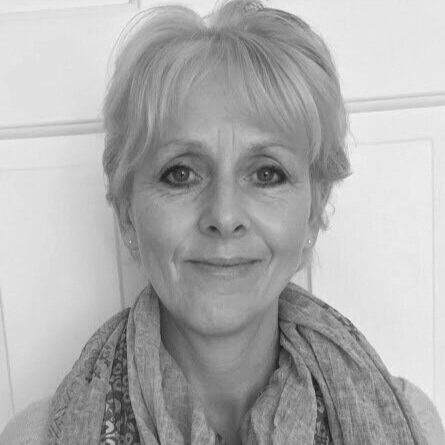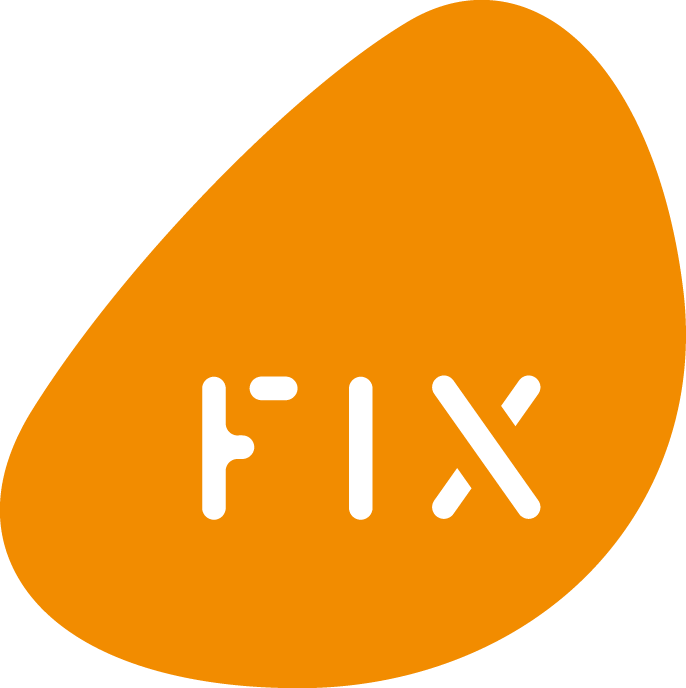COUNSELLING, TIPS, ONLINE, MINDFULNESS

FOR MANY OF US IT MAY FEEL LIKE OUR LIVES ARE ON HOLD RIGHT NOW, WITH A NEW NORMAL AND NUMEROUS LOCKDOWNS. FIX COUNSELLOR, CAROL TERMEZI, WRITES ABOUT HOW WE CAN LIVE MORE MINDFULLY AND APPRECIATE THE NOW.
WHEN DO OUR LIVES BEGIN?
The obvious answer to this question is ‘when we are born of course.’ And yet it seems that so many of us put our lives on hold, unconsciously maintaining that life can only start properly once certain criteria have been met. These could be, passing exams and leaving school, meeting set relationship goals, or even feeling that we are ‘self improved’ enough for the life we want to properly begin.
But actually, when you really think about it, life isn’t dependent upon anything, you are in it and living valuable moments of it right now!
Life is often expressed as a linear time line, the past on one side, the present in the middle and the future extending out in the opposite direction. It’s quite an interesting and worthwhile exercise to stop and access how much time is focused in these three places…..for most people time spent in the present moment is the least. Yet applied logic tells us that the present moment is all we have, or ever will have, the past has been lived and the future is yet to come, no amount of ruminating or anxious worrying can change that.
And yet, as life unfolds in the present, so often precious time is wasted in depression that arises from delving into the past or anxiety that comes from obsessing about the future. We always seem to be doing something or being something, allowing very little time to ‘just let ourselves be’.
This state of ‘just being’ has been described as ‘living in the moment’ or mindfulness, (an open and intentional attention on the present). When you become mindful, you realise that you are not your thoughts (quite a revolutionary realisation). And once this is understood, an opportunity opens up to become the observer of your own thoughts. This means just that, observing with interest, not judging, assessing or pushing thoughts away, just noticing.
Mindless thinking, (the opposite of mindful thinking) will keep us attached to our thoughts and can even make us believe that we are our thoughts and that the stories we have built around them are truths! The famous writer Mark Twain once said,
“I have known a great many troubles, but most of them never happened.”
He was talking about catastrophising, (worrying about things that haven’t happened yet and most likely never will). When we are able to truly let go of thoughts about the past and worries for the future and take our full awareness to the present moment, our worries, for that moment at least, magically melt away.
This all sounds great, a magic formula that means you never need to experience the trials and turmoils of anxiety and depression again? Maybe not quite, but being mindful certainly does provide a way to experience a lot more peace in your life.

SO HOW CAN THIS BE ACHIEVED?
• Through being fully conscious/present and savouring the simple things in life such as eating a delicious meal, drinking a cup of tea, going for a walk etc. People have found that they experience more joy and happiness and far fewer depressive symptoms when they choose to focus their attention in this way.
• Through losing track of time. Psychologists call this being in flow. Flow occurs when you become so absorbed in a task or what you are doing, that you lose all track of time or of what is around you. (Perhaps you can think of a time when this has happened to you? What were you doing? Could you do more of it?)
• Grounding ourselves is a great way of bringing awareness to our bodies and away from an over thinking mind. It can be done through noticing our own breath and also through observing things in our environments using all five of our senses.
So, in answer to the first question, ‘where does life begin? It begins now and continues on with every mindfully observed and appreciated moment.
